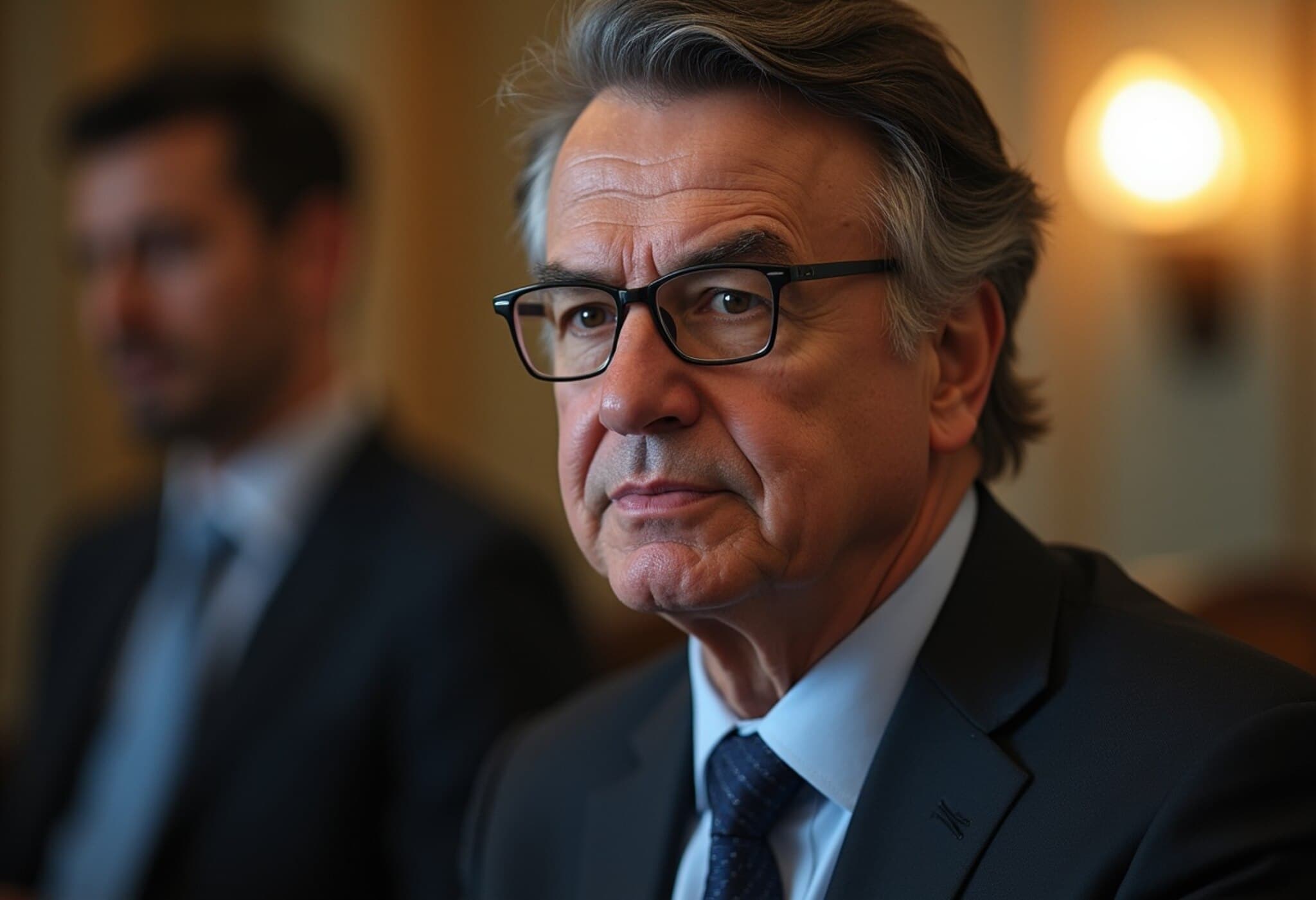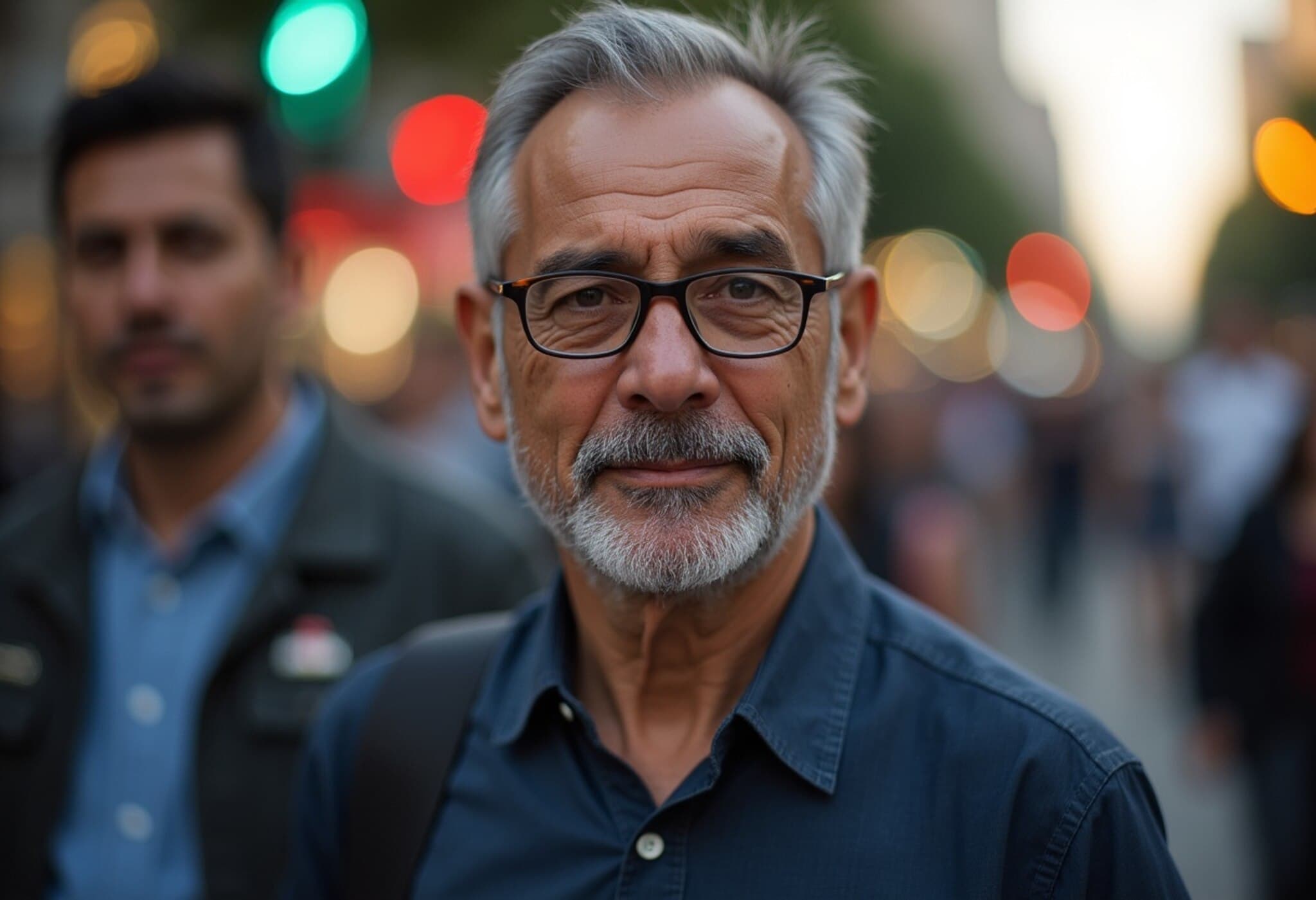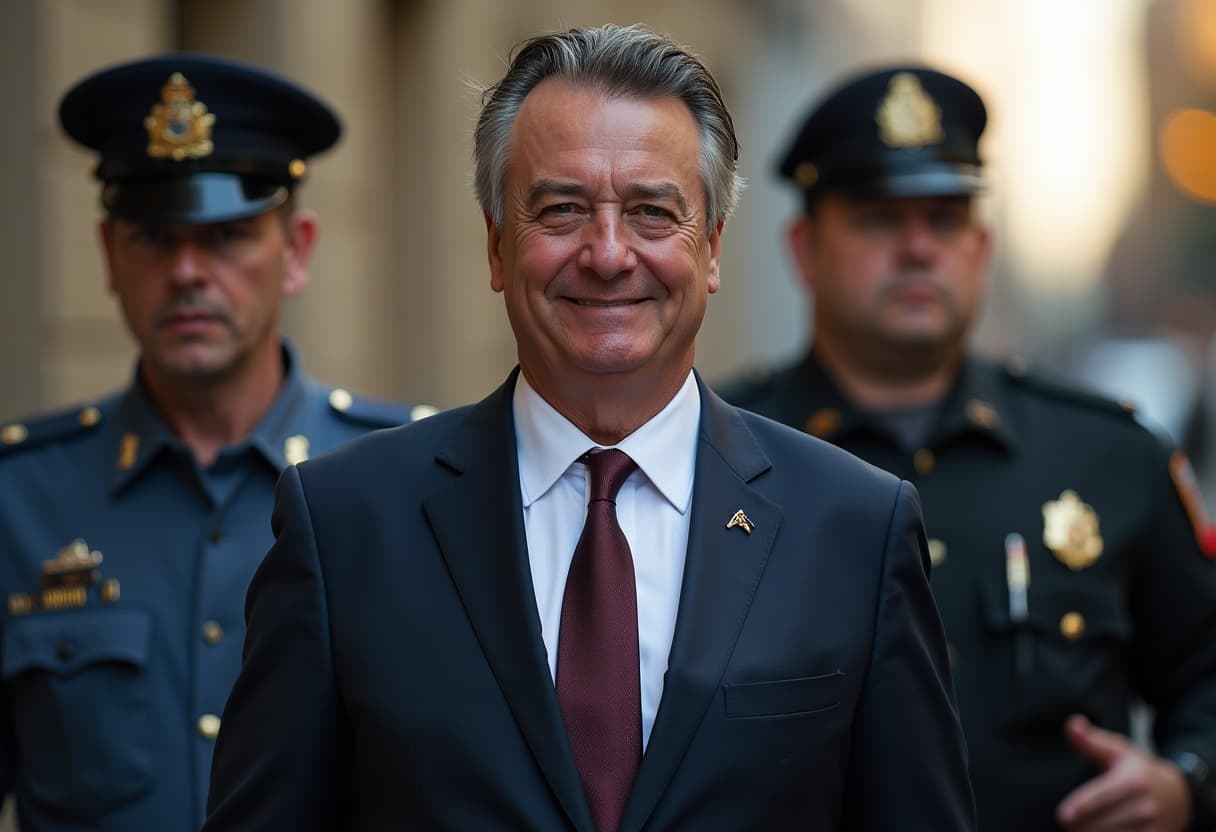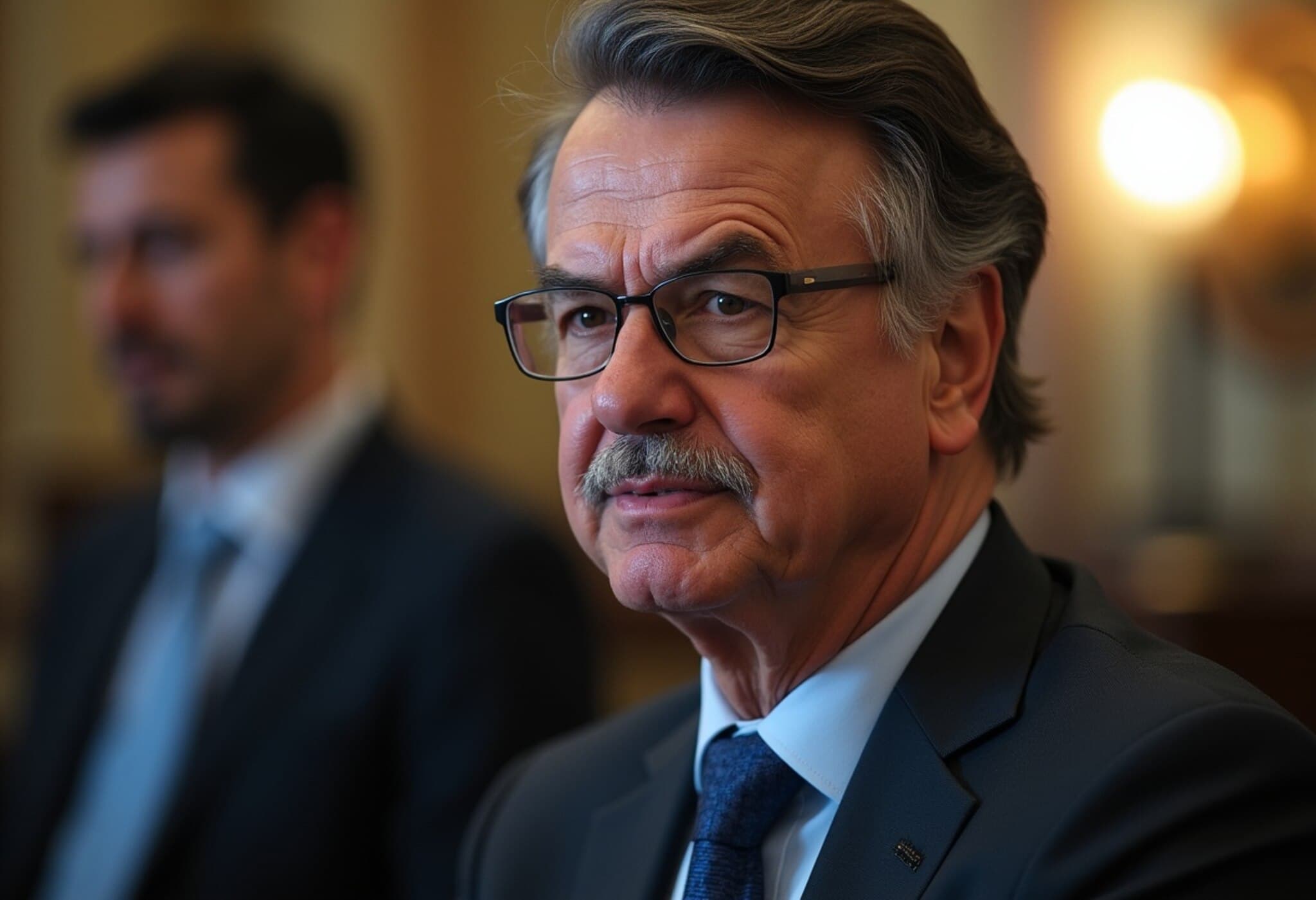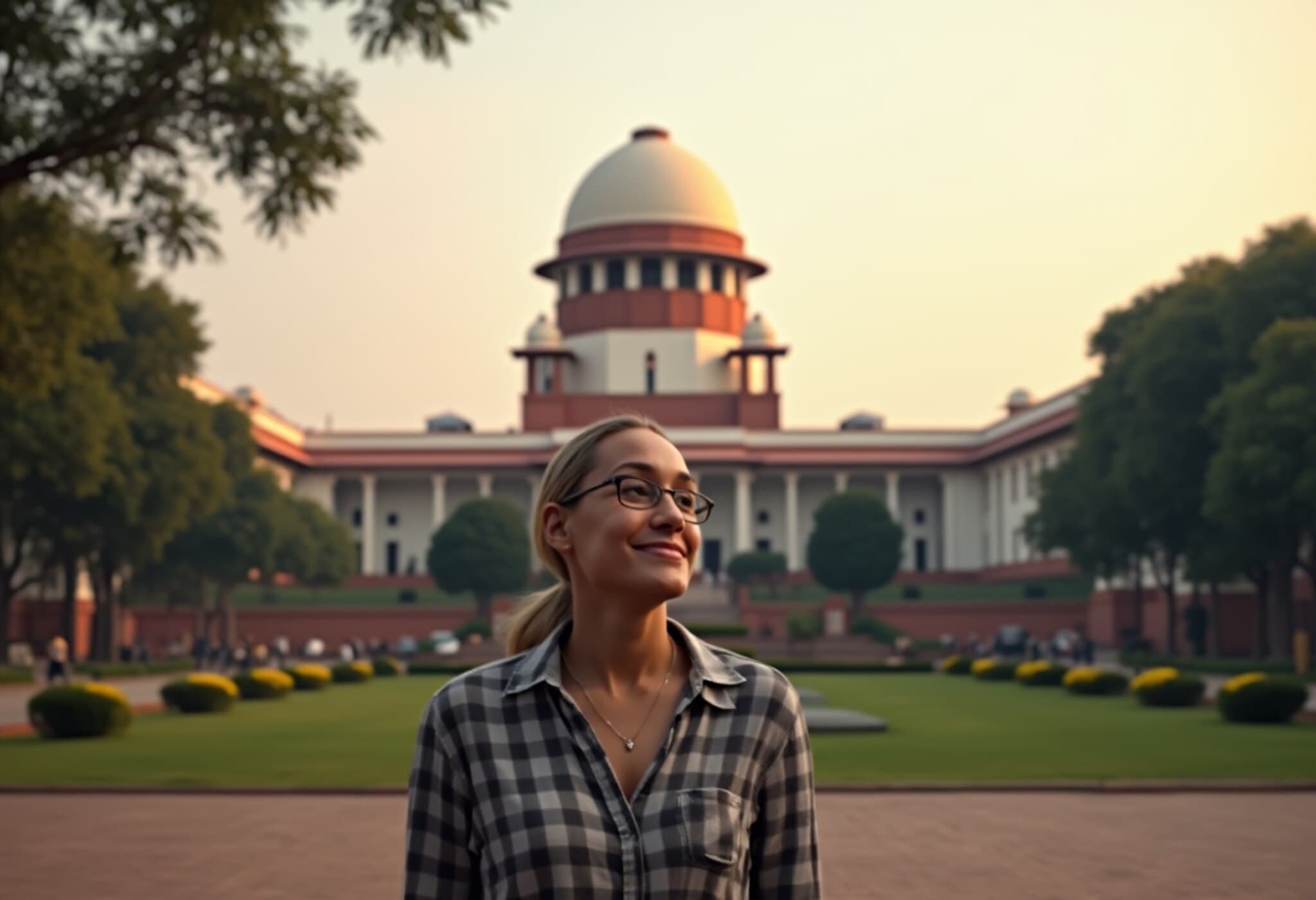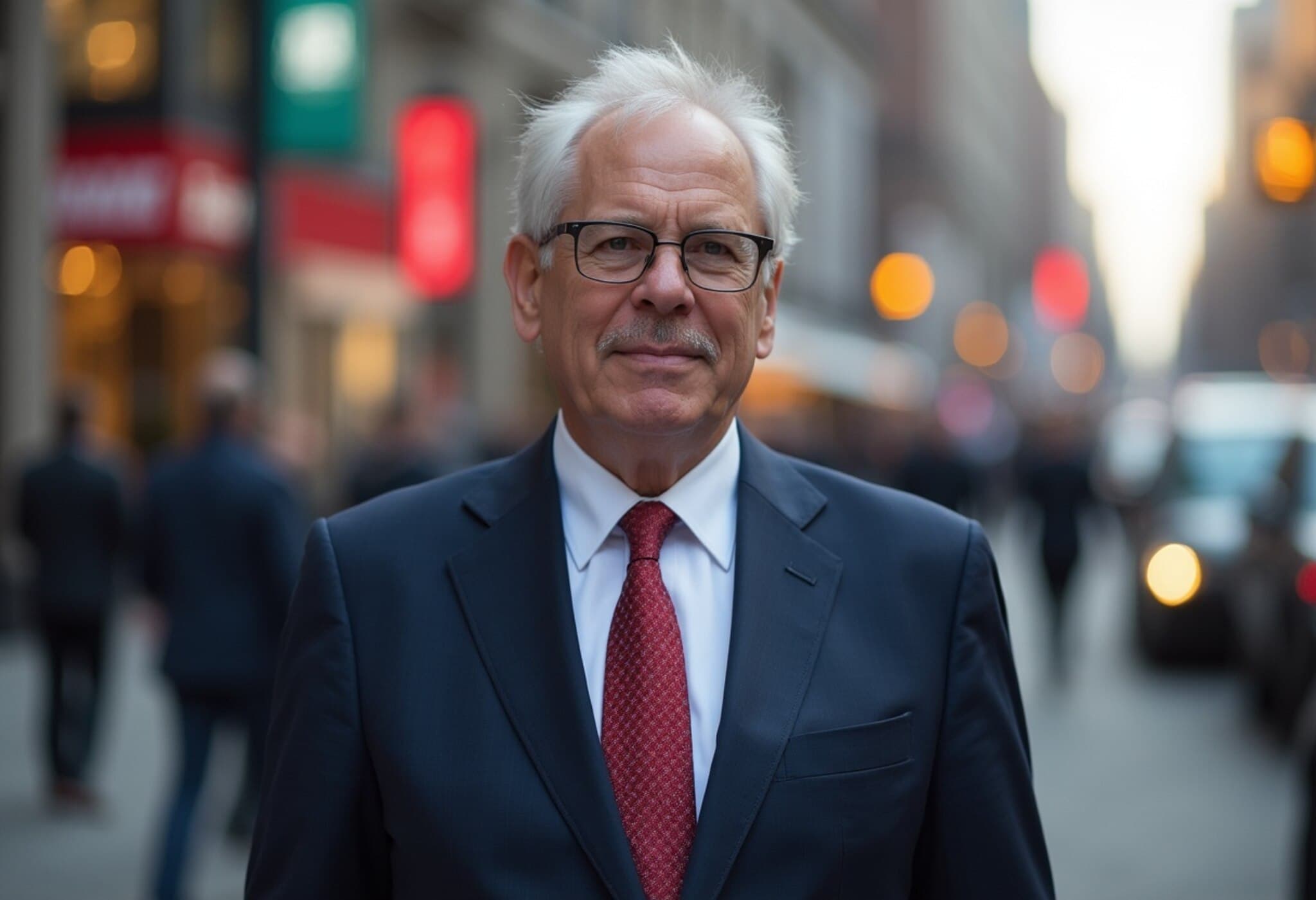Brazil’s Supreme Court Delivers Landmark Conviction Against Jair Bolsonaro
In a decision resonating far beyond Latin America, Brazil’s Supreme Court has convicted former President Jair Bolsonaro of orchestrating an elaborate and dangerous conspiracy to overturn the 2022 presidential election results. The sweeping plot, which authorities say included plans to disband key institutions, empower the military unlawfully, and even assassinate the president-elect, marks an unprecedented judicial rebuke to one of Brazil’s most polarizing figures.
A Coup Attempt Like No Other in Brazil’s Modern History
On September 11, 2025, four of the five Supreme Court justices agreed to convict Bolsonaro along with seven close allies — including his vice president, defense minister, and navy commander — for their roles in attempting to subvert democracy. The ruling not only affirms Bolsonaro’s guilt in this attempted putsch but also signals a historic milestone: it is the first time leaders implicated in coups or coup attempts since the 1889 military overthrow of Brazil's monarchy have been held legally accountable.
Experts emphasize that this conviction could serve as a watershed moment, underpinning the strength of Brazil’s judicial institutions against anti-democratic forces in a region that has wrestled with political instability.
Potential Sentences and Legal Ramifications
Facing potentially decades behind bars, Bolsonaro’s legal team has already signaled intentions to seek house arrest, citing his advancing age and health concerns. However, the severity of the charges—treason, conspiracy, and conspiracy to commit murder—underscore the gravity of the case.
“This is not just a trial about one man; it’s a statement about protecting democratic integrity from those willing to employ violence and illegality,” said a constitutional law expert familiar with the trial.
Impact on Brazil’s Political Landscape
Bolsonaro’s conviction arrives at a critical juncture, leaving the right-wing movements he once energized fractured and searching for leadership. His tenure, lasting from 2019 to 2022, is widely credited with intensifying political polarization and steering Brazil towards more conservative policies, but his downfall now casts uncertainty over the future of Brazil’s right-wing politics.
Observers note that the conviction may serve as a cautionary tale for political leaders across the Americas who attempt to undermine democratic processes for personal or ideological gain.
International Implications and U.S.-Brazil Relations
The ruling has rippled beyond Brazil’s borders. Former U.S. President Donald Trump publicly called for the charges against Bolsonaro to be dropped, asserting the former Brazilian leader was undergoing what he described as political persecution—mirroring claims Trump himself has made regarding his electoral defeats.
This dynamic threatens to strain Brazil-U.S. relations, especially amid shared concerns about the fragility of democratic institutions. Analysts are closely watching whether the conviction will deepen ideological divides or prompt calls for renewed commitment to democratic norms between the two nations.
Critical Reflections and Underexplored Questions
- What mechanisms can Latin American democracies strengthen to prevent military and political interference in elections?
- How will Brazil’s judicial independence influence democratic stability in the region?
- What are the broader regional consequences when influential populist leaders are criminally convicted?
While Brazil celebrates a victory for democratic accountability, the path forward invites complex questions about reconciliation, political repair, and safeguarding institutional integrity.
Editor’s Note
The conviction of Jair Bolsonaro marks a pivotal moment in Latin America’s ongoing struggle to balance populist leadership with democratic governance. As Brazil grapples with the aftermath, this episode invites reflection on the resilience of judicial systems and the limits of political power. For readers and policymakers alike, it underscores the urgent need to foster transparency and the rule of law in safeguarding elections and democratic norms worldwide.

